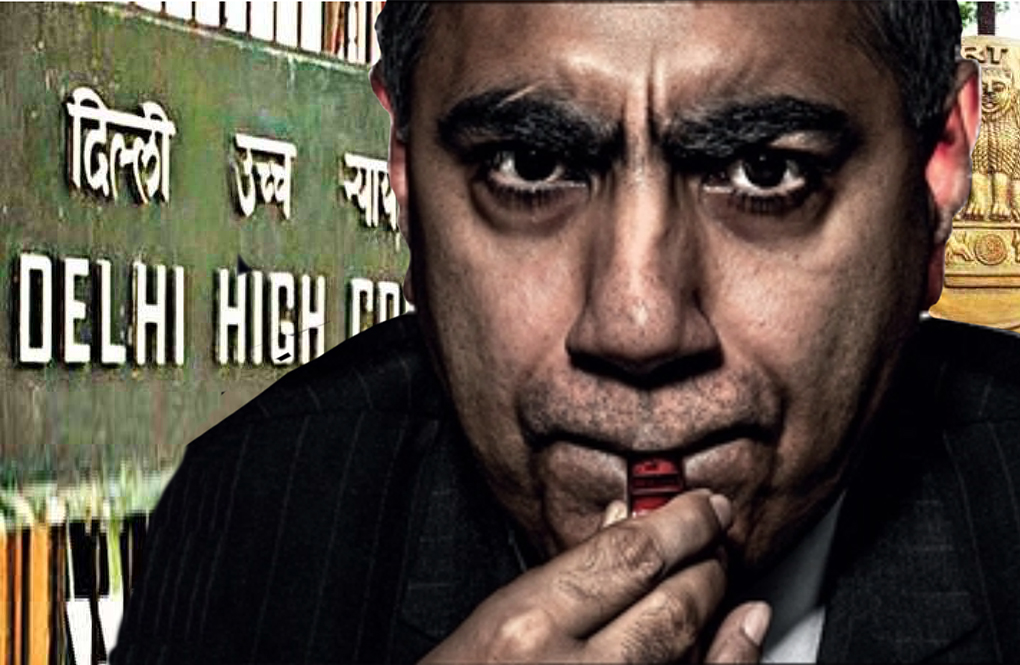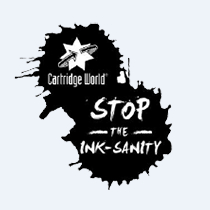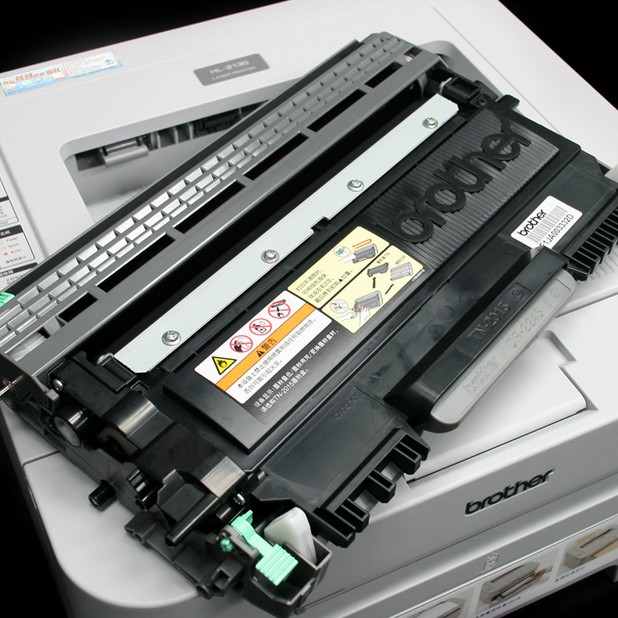Court Rules ‘Jazz Photo’ to Survive, Will ‘Prebate’ Die?

Two orders handed down by the US District Court in Cincinnati, Ohio have provided different results for the aftermarket consumables industry.
The motion to dismiss the action by Lexmark International against cartridge remanufacturer Impression Products, was denied by Judge Michael Barrett. It had been argued during the case, that printer cartridges sold outside of the USA should also lose all patent rights, as do those sold within the USA. The arguments had been based on the Kirtsaeng vs Wiley copyright case. It was argued this more recent copyright case should overturn the current patent laws, set by the Jazz Photo case.
Judge Barrett concluded, “the complete lack of consideration of the context, history and practical implications of international patent exhaustion in Kirtsaeng, [means] that the Supreme Court did not intend to implicitly overrule Jazz Photo and that Jazz Photo remains controlling precedent on patent exhaustion abroad.”
However Judge Barrett did grant the dismissal of the other Lexmark case against Impression Products.
Barrett ordered there was no case against Impression Products over their alleged infringement of Lexmark’s cartridge return program, previously referred to as a “Prebate cartridge”.
According to the court documents, Lexmark claimed it offered customers two options when purchasing a cartridge:
1.a cartridge subject to a combination single-use patent and contract license (the “Return Program cartridge”, or
2.a regular cartridge without any restrictions on its use. Lexmark claimed it provided purchasers of the Return Program cartridge an up-front discount on the purchase price of the cartridge in exchange for agreeing to use the cartridge only once, and to return the empty cartridge to Lexmark for remanufacturing or recycling.
Impression Products, on the other hand, argued that Lexmark attempted to enforce a “single-use restriction intended solely for the purpose of preventing competition, and it does not indicate that the consuming public is ever made aware of the fact that purchasing products are subject to a single-use restriction.”
In his final orders, Judge Barrett said the issue of patent exhaustion in regards to conditional sales and licenses is not a new one. “Courts have been grappling with the issue since as the mid-19th Century.” He concluded, “Therefore, the Court is persuaded that the fully authorized sales of the Return Program cartridges to consumers for use in the ordinary pursuits in life took the cartridges outside the scope of the patent monopoly despite the notices contained on those cartridges, and Lexmark may not now rely on patent law to hold Impression Products liable for infringement.”
In summing up the court’s decision, patent attorney on the case, Ed O’Connor said, “We are confident that the decision invalidating the prebate program will be upheld should it be appealed to the CAFC in Washington. As to the Jazz Photo decision we intend to appeal and are confident that Jazz Photo will be reversed by the CAFC.”






Leave a Comment
Want to join the discussion?Feel free to contribute!